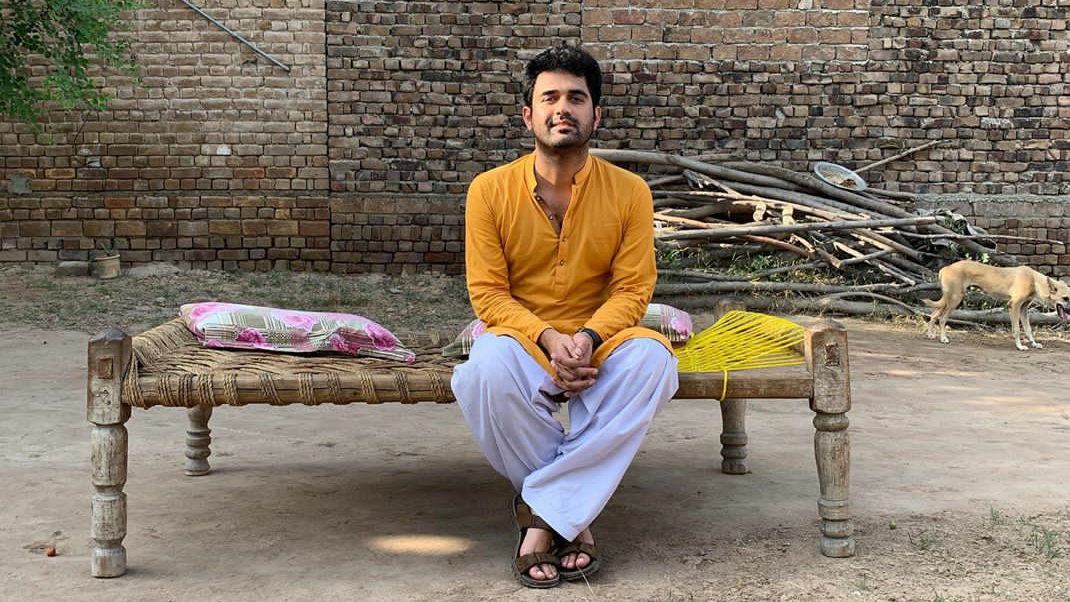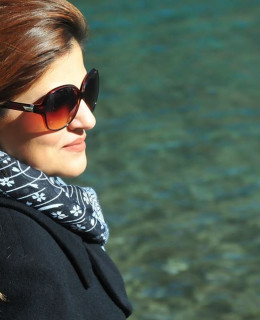Jawad Sharif is an award winning filmmaker, who has two amazing documentaries under his belt.
He is part of the alumnus of UCLA, the Swedish Institute and Institut Fur Auslandsbeziehunge, in Germany.
Jawad is also the founder of Bipolar Films and Jawad sharif films.
The documentary which we discussed for this interview was ‘Indus Blues‘, which is a film about the dying musical traditions and instruments through out the rural areas of Pakistan. The documentary is a visual treat that takes us on an amazing journey, and forces one to look at people and cultures that will vanish unless we protect them.
His other documentary, which has won over 37 awards is ‘K2 & the Invisible Footmen’. And we look forward to discussing that with Jawad someday and we hope that his work reaches the audience that it deserves.
You can learn about about the film and contact Jawad Sharif at their website.
You can also follow Jawad Sharif on Instagram @jawadsharif
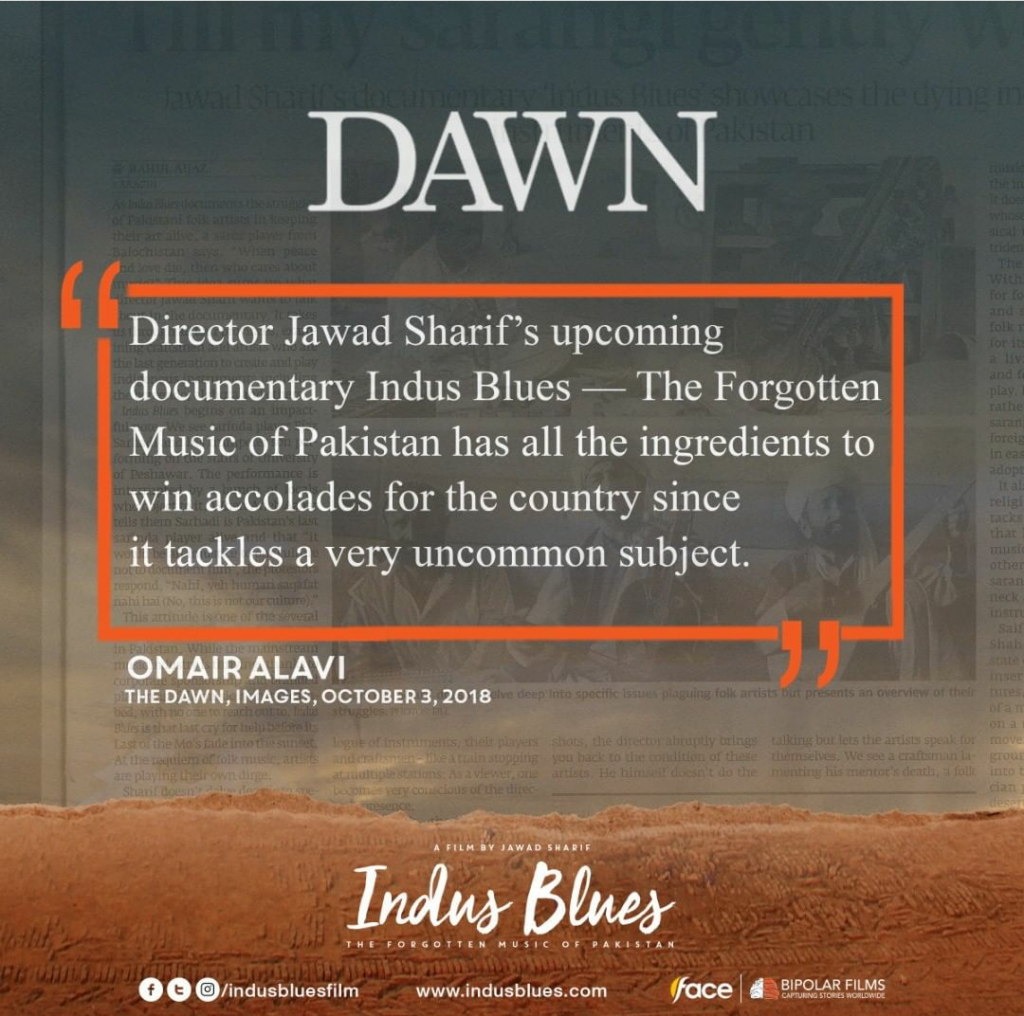
The Interview
Thank you for having me here and giving me an opportunity to share my vision. It feels good to do this.
Can you tell us something about your background?
I am from a humble family that has no ties with film or media. I am the odd one out and had to pursue an unorthodox route to reach my passion.
How did you get into documentary film making?
It was a long and difficult journey. Although, I enjoy doing fiction, documentary is something that fulfills my passion for freedom of speech. One can’t have that sort of freedom in commercial arenas of entertainment and fiction. That is how I got into documentary film making.
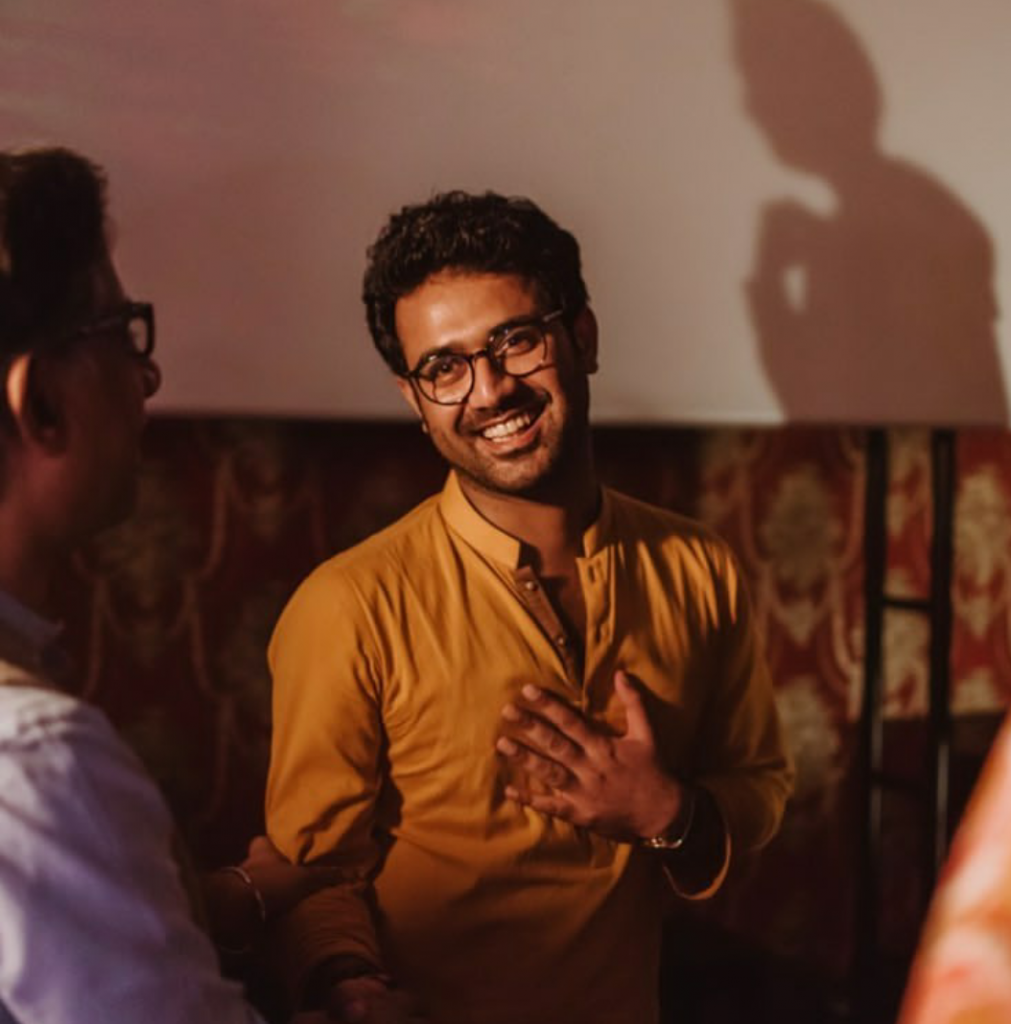
Are there any documentaries in particular that have inspired you?
There are many films but I feel I am more inspired by real stories and ordinary people. Ordinary people have the most extraordinary stories. I believe that it’s all about your observations, personal experiences and how society affects you.
What was the journey of making ‘Indus Blues’ like?
The journey was full of struggles and ample research. Luckily, I had a great team to work on the research of instruments and musicians who played these fading and endangered musical instruments.
The documentary involved a journey of more than 1000 miles across Pakistan and was completed in multiple spells in harsh weather conditions.
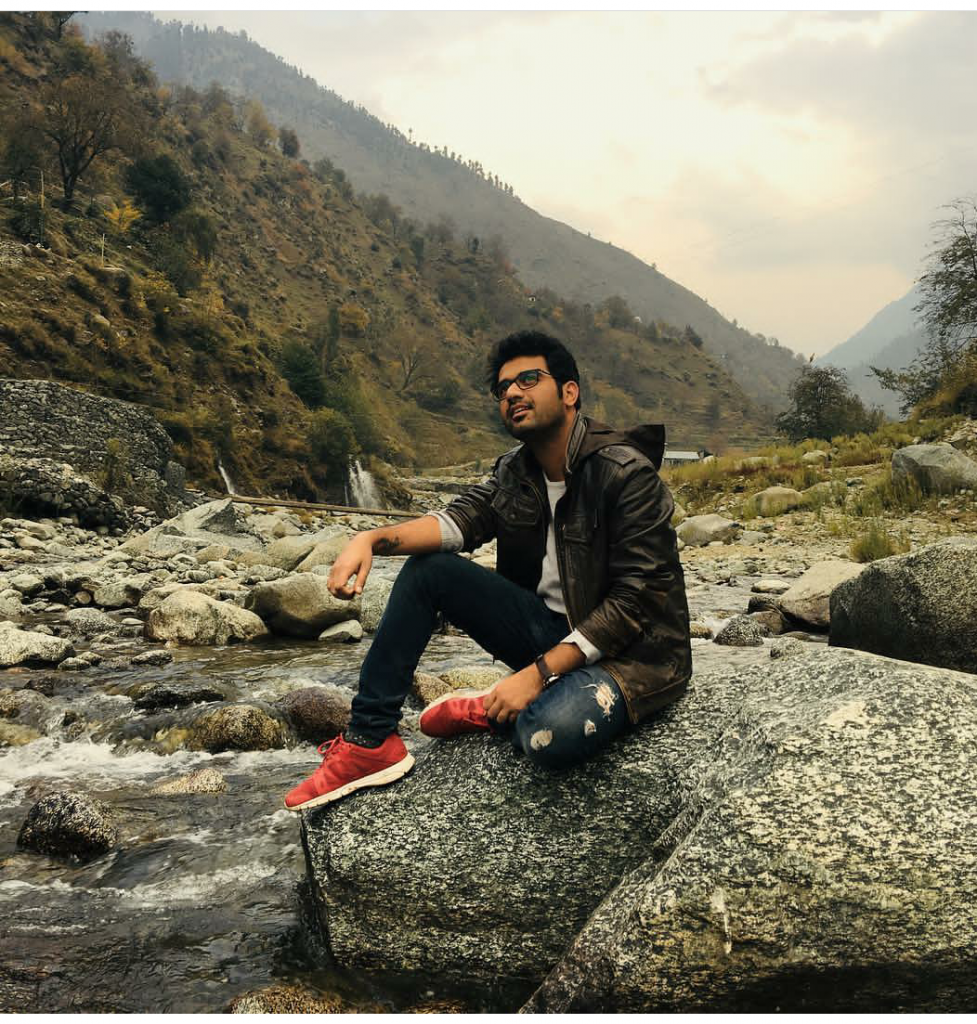
You had to travel all over the country to film it; do you feel like it captures the essence of Pakistan?
It captures the true culture of Pakistan across all corners and it is sad to see how it is being suppressed. Indus Blues not only captures the true folk spirit and valor of these regions but also the plight and harsh realities of the craftsmen and musicians.
What can we the public do to protect our fading cultures and artists?
At a very basic level, there is an utmost need of people who can take up an interest and commit to learn the instruments or how these are crafted. Because there would be no point of public support when there aren’t any efforts for preserving the craft.
Apart from this, these musicians should be promoted and given opportunities to perform more often.

Maheen Ahmed – Writing to create culture
@lahore_la_notte_

